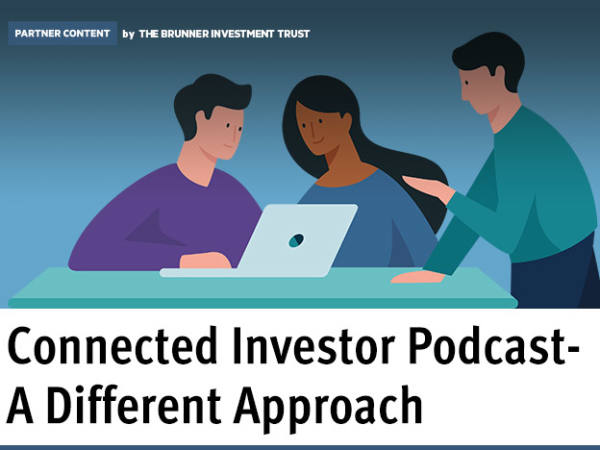The UK dividend bloodbath has been one of the major challenges facing investors in 2020 and the outlook remains far from certain. Many of its major sectors look challenged, there is little clarity about the way out of the pandemic or the future of dividends, and Brexit concerns are not going away any time soon.
Blake Hutchins, co-manager of Trojan Income, a defensive and highly successful UK equity income fund, is well acquainted with all these issues. To an extent, he puts the current dividend issues down to the big companies, "that are robbing Peter to pay Paul and choking off future growth or dipping into their balance sheet just to sustain a high dividends."
In this interview he tells us why there may still be hope for UK equity income, but also why investors do need to be more selective than ever to succeed in this market.
He also looks at sectors that are (mainly) worth avoiding, the UK’s underrated tech scene, and the case for optimism about dividend cuts.
Looking for more?
The IC has written a host of content on many of the topics discussed by Dave and Blake. Subscribe today to gain fulll access to all the stories below.
Index tracking has failed stock market investors
Phil Oakley agrees with Blake Hutchins' views on the UK stock market and says, "the value of the UK stock market has been too concentrated in very big companies that have very poor growth prospects and in many cases are declining or expected to do so." But he also conceeds that "outstanding businesses do exist in many medium and smaller-sized companies."
Dividend survivors
Picking income majors seems a foolish concept in a year when UK dividends have been canibalised. Instead, we're on the hunt for dividend survivors in our upcoming feature. In the meantime, Alex Newman has attempted to beat the dividend crisis, by looking at the sectors least impacted by coronavirus.













